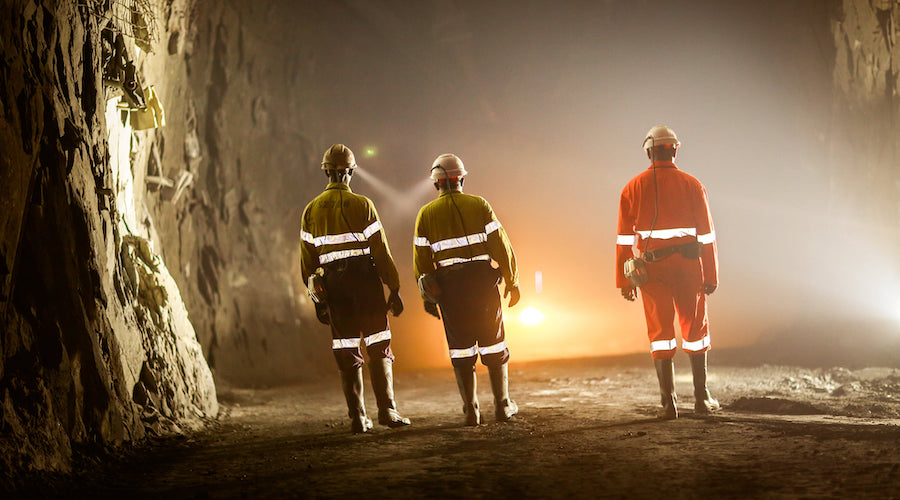WGC calls miners to plan for further climate change risks


The World Gold Council (WGC) is urging bullion miners to implement more consistent, systematic planning and wider collaboration, including closer engagement on risks with local communities, to deal with climate-related challenges.
In its Gold and climate change: Adaptation and resilience report, the gold industry's leading trade body identifies key physical climate-related vulnerabilities of the sector.
It also outlines a range of adaptation strategies to support the industry in managing the associated risks.
The WGC notes that gold mines are often located in remote and diverse geographic locations and can have a strategic and pivotal role in local economies. Many communities may be indirectly dependent on a robust and stable gold mining industry for the provision of key capacities, infrastructure, and growth and development opportunities.
By creating sustainable mining operations in the face of climate hazards, the industry can enable greater resilience at the mine site and beyond, potentially reducing the negative economic and social implications for all stakeholders, the WGC says.
Without consistent, systematic and widespread planning, the increased complexity, frequency and severity of climate impacts will have a negative impact on the supply chain, the industry body warns.
WGC climate change leader, John Mulligan, said the research shows the gold mining industry has demonstrated substantial awareness of the challenges imposed by physical climate impacts.
Gold producers have already taken significant steps to introduce greater resilience at mine sites and in local communities, he adds.
“However, these steps will need to accelerate as our collective understanding of climate impacts continues to develop at a rapid rate,” Mulligan said in a statement.
In addition, the WGC recommends the sharing of knowledge and resources with multiple stakeholders.
Extended plans to address climate change vulnerabilities include meteorological forecasting to prepare for acute weather impacts, long-term environmental monitoring to inform adaptation plans and impact responses, and the development of additional emergency response procedures.
These plans infrastructure design measures for greater resilience to extreme weather events through the re-engineering of tailings, transport infrastructure, water systems and power systems.
The WGC also recommends increasing the capacity of operational infrastructure such as pumps and power solutions, and building emergency health and safety accommodation.
Analysis by the specialist climate change news site CarbonBrief, found that extreme weather events have impacted 19 million people just this year. These include storms and a cyclone in southern Africa, floods in Pakistan, heatwaves and wildfires in Europe and North America, hurricanes and flooding.
THIS ARTICLE WAS ORIGINALLY POSTED ON MINING..COM
Comments